Three weeks ago, Argentina elected the erratic Javier Milei as president. In the first round of voting, Milei came second. In the decisive runoff vote, Milei surged ahead. He won the majority of votes in all but three of the country’s 24 provinces, surprising the world by winning by a 12-point margin despite lacking a developed party apparatus.
A president without a party
Now comes the hard part. Milei is no longer campaigning. He has to govern. His party, La Libertad Avanza, is a relatively small organization, which is based on Milei’s personal popularity. Milei’s party holds only 30 out of 257 seats in the lower house of the legislature and only seven out of 72 in the upper house.
As in other federal systems, Argentina’s political system gives subnational levels of government significant power. For example, provincial governors in Argentina select candidates for many federal government positions. Milei does not have an established party apparatus in the provinces to turn to and does not have many loyalists in the corridors of power in Buenos Aires. Furthermore, he has openly disparaged current legislators and political leaders for being corrupt members of a “caste system.” Unless Milei creates strong coalitions and political ties with provincial governors, Milei will be unable to push through his agenda.
Milei is more likely to lean toward the right-wing parties of Juntos por el Cambio (Together for Change) coalition, or Juntos, rather than the left-leaning Peronists. Many of his voters in the runoff came from such right-wing parties. However, these necessary coalitions would require financial leverage. This goes directly against his platform of reducing the size of the state and public spending.
Moving away from his platform may impact his voters. Milei’s initial voters are primarily male, conservative, and young — too young to have experienced the Argentine military dictatorship. In fact, Milei had made waves during the campaign by questioning the official statistics on the dictatorship’s death toll. Unlike the earlier generation, disillusioned young voters are not bothered by these statements and many have more authoritarian tendencies themselves. They support Milei because he has rejected the political “caste” and seems determined to bring about economic change. Negotiating with this “caste” and giving money to governors might upset the voters who want him to clean the Augean stables of Argentine politics.
Milei faces another risk of voter alienation. Although he is more closely affiliated with right-wing parties, his salacious sexual behavior and lack of Christian beliefs do not go down well with Catholics who revere Argentinean Pope Francis as well as devout Evangelicals. In particular, Patricia Bullrich’s supporters might desert him. Her party conservative Juntos party supported Milei in the second round and helped him get to the top job in the country.
Reforms will not be easy
Milei has popular support but no institutional support. So, making the changes he has promised will be difficult. Argentina no longer suffers from the hyperinflation of the 1980s. Yet it is deep in debt and inflation is still an alarming 160%, unemployment is high and an estimated 36.9% suffer hunger.
Argentina is a fertile country with low military spending. Yet its high debt has led to a cycle of crisis and poverty. Much of the taxes go toward repaying debts to private lenders, foreign banks and the International Monetary Fund. A huge chunk also goes to education, social systems and healthcare. Much money is simply stolen. Argentina is corrupt and the political “caste” pockets a lot of the country’s cash.
To balance the books, Milei could cut social spending. However, people do not tend to support such cuts. During the hot December month, any cuts or threatened cuts can lead to protests and anarchy.
Milei has promised to close the central bank, adopt the US dollar and halve the number of political ministries. Since winning the elections, he has been walking back his radical promises. Milei has appointed those with opposing priorities to important positions. He has even nominated individuals who are part of the “caste” to be his colleagues. Maybe, President Milei may turn out to be more pragmatic than Candidate Milei. Even so, reforms will prove difficult.
Both Donald Trump and Jair Bolsonaro were colorful characters but found success as presidents in the US and Brazil. Neither was as ideological on economic policy as Milei. Unlike Trump or Bolsonaro, Milei does not believe in a large state. In fact, he has libertarian anarchist ideas of running the state.
Milei’s support base is not cohesive. Religious Argentines do not support him. Nor does the military. The “caste” will oppose any rollback of the state. Turkeys never vote for Thanksgiving.
Yet there may be a silver lining. The right-wing Juntos and the left-leaning Peronists could work together to overcome Argentina’s dire economic crisis as they once did in the past. Milei could do well to laser focus on the economy.
[Hannah Arroyo wrote the first draft of this piece.]
The views expressed in this article/video are the author’s own and do not necessarily reflect Fair Observer’s editorial policy.





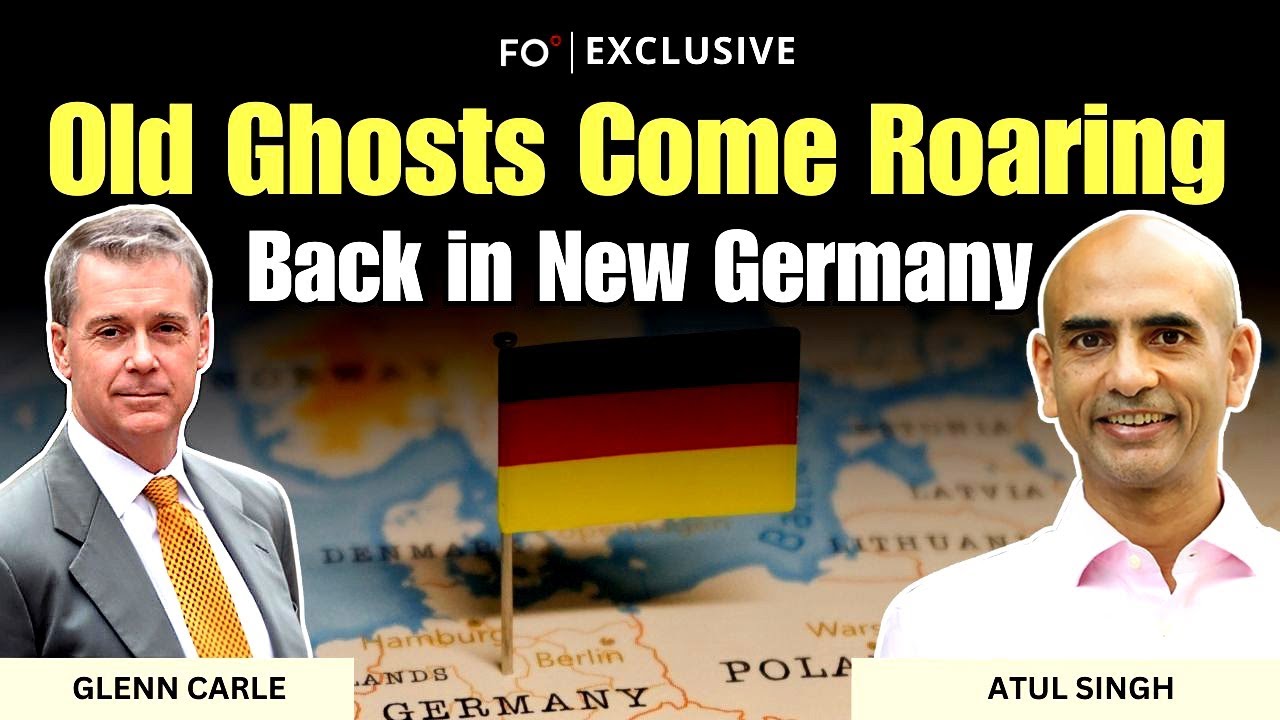


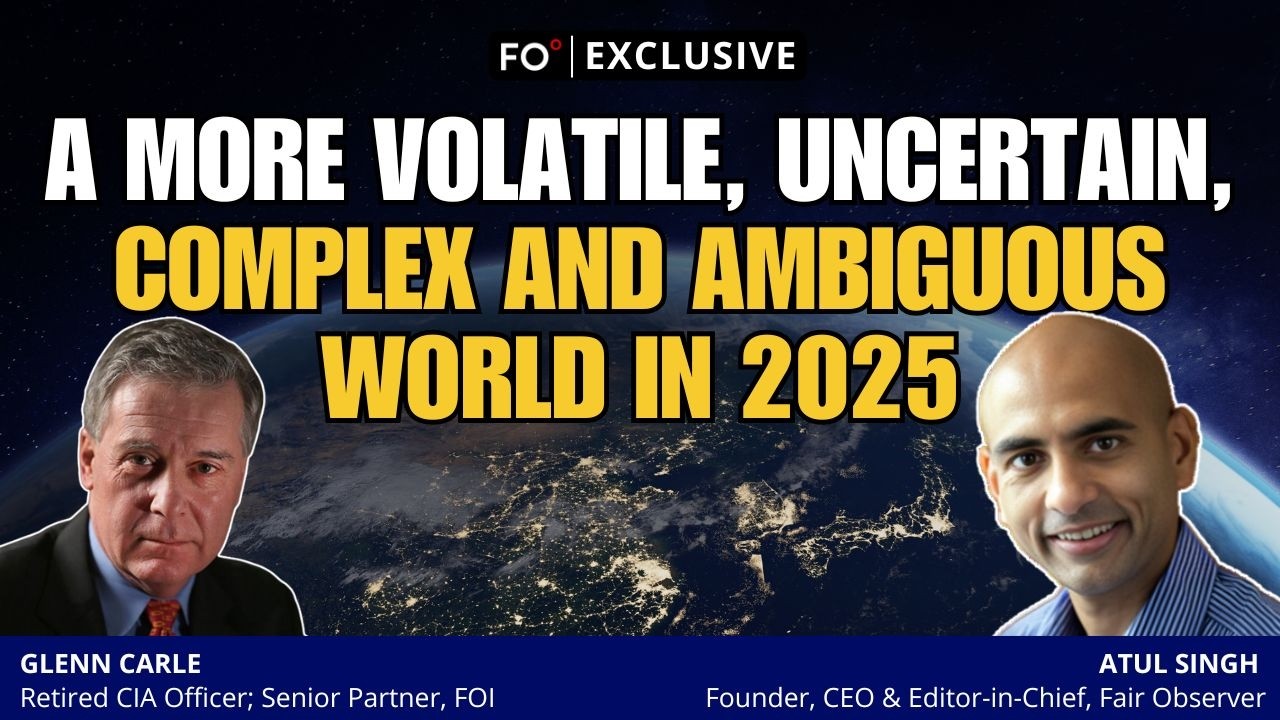


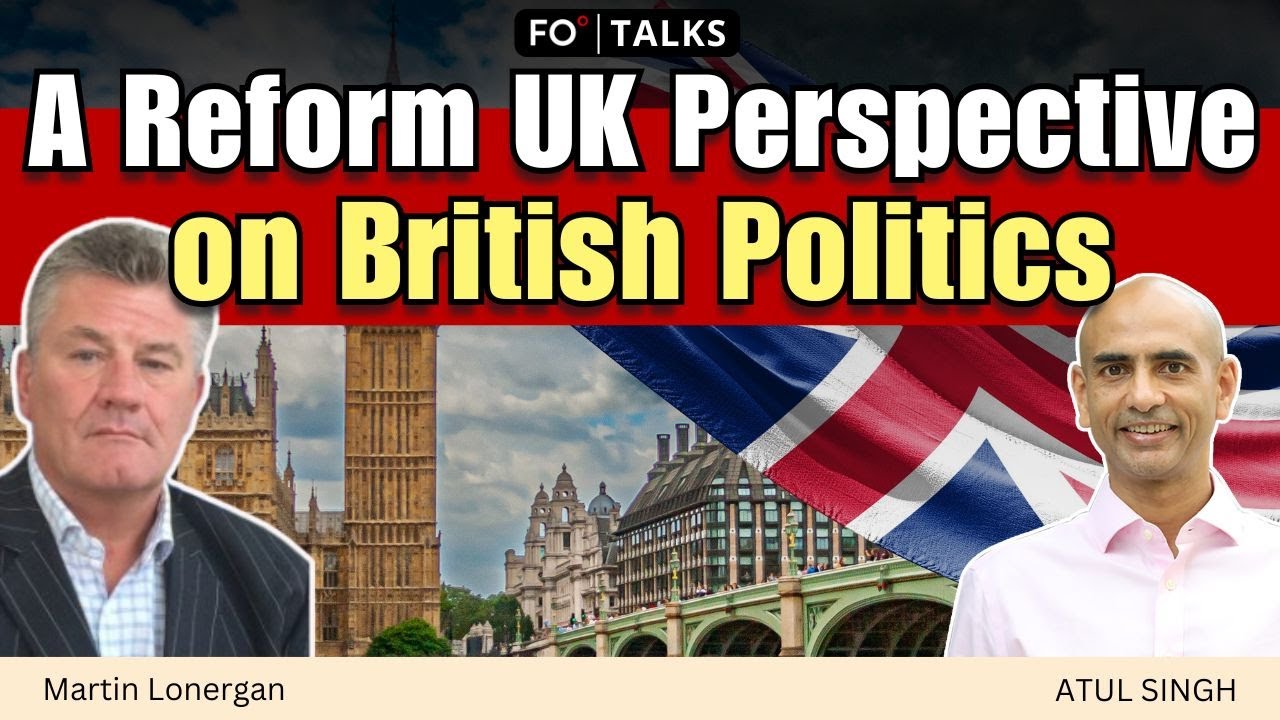


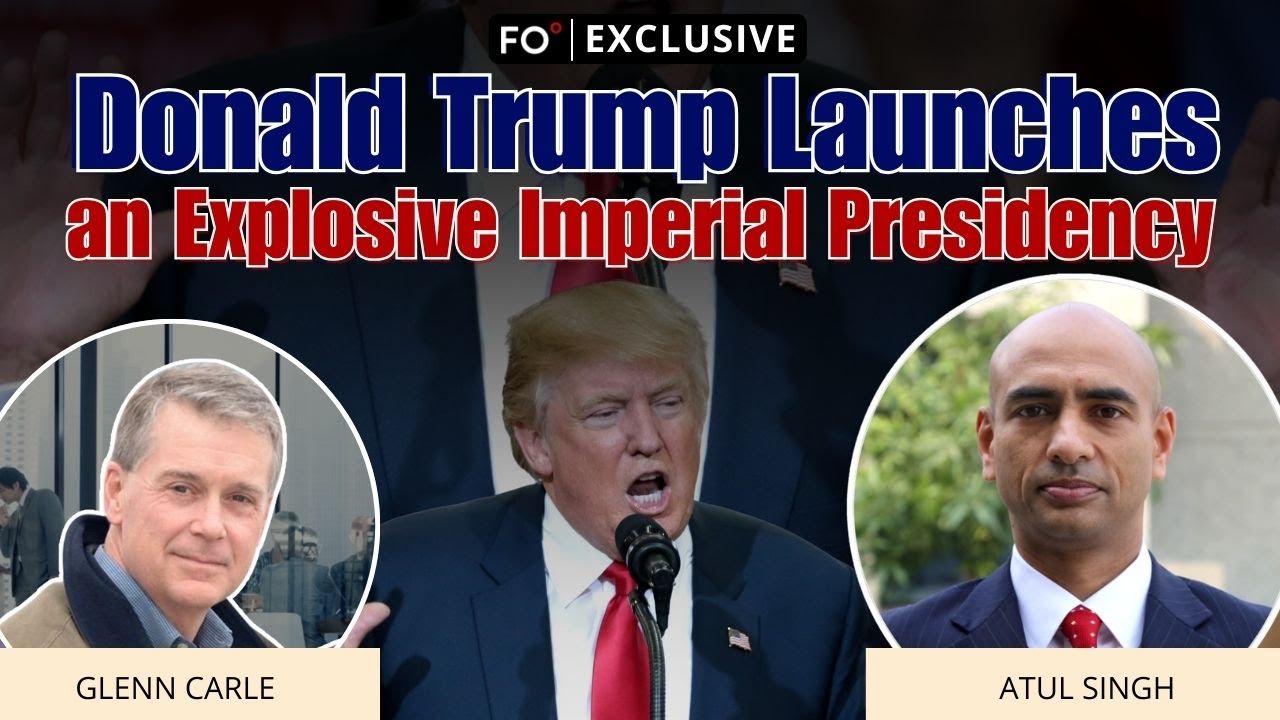
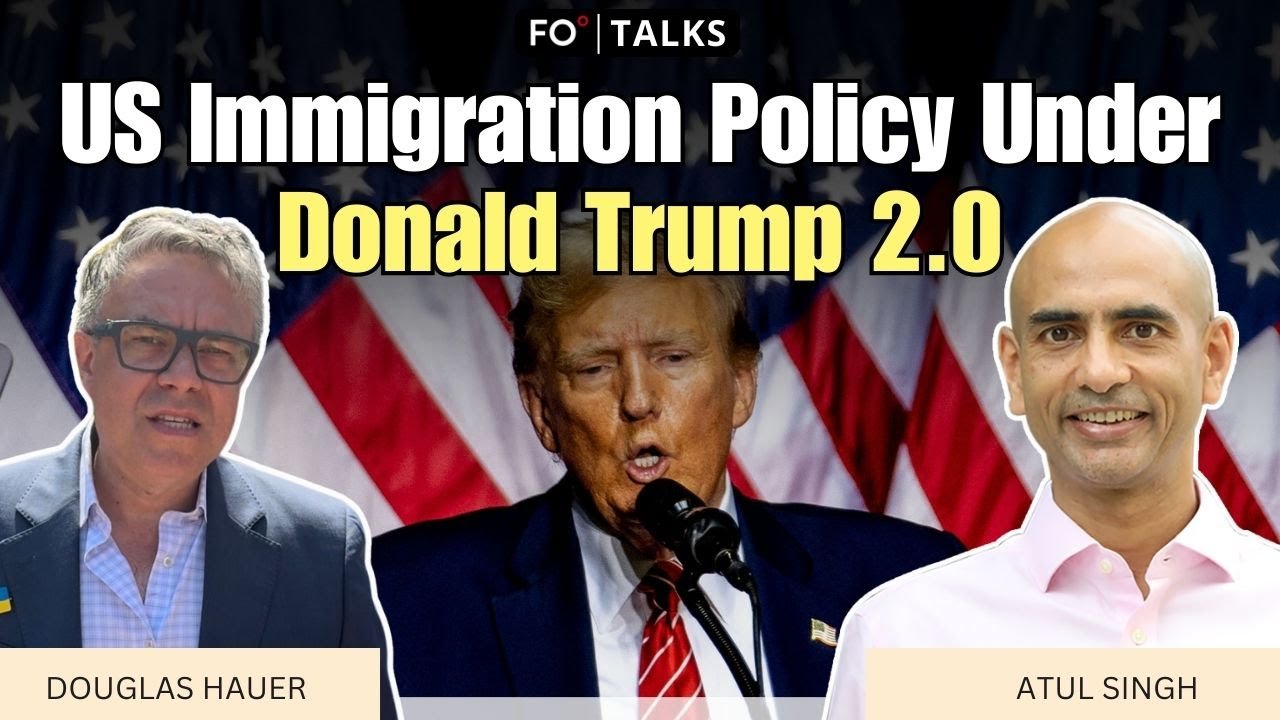





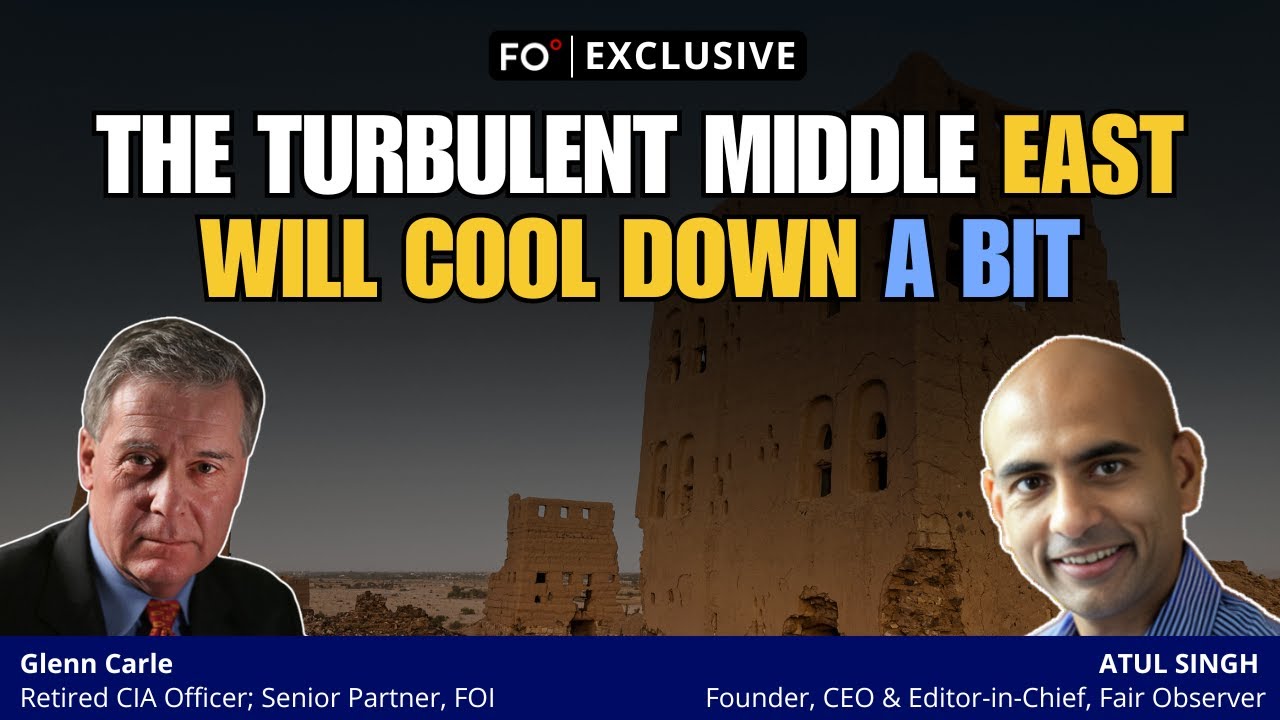

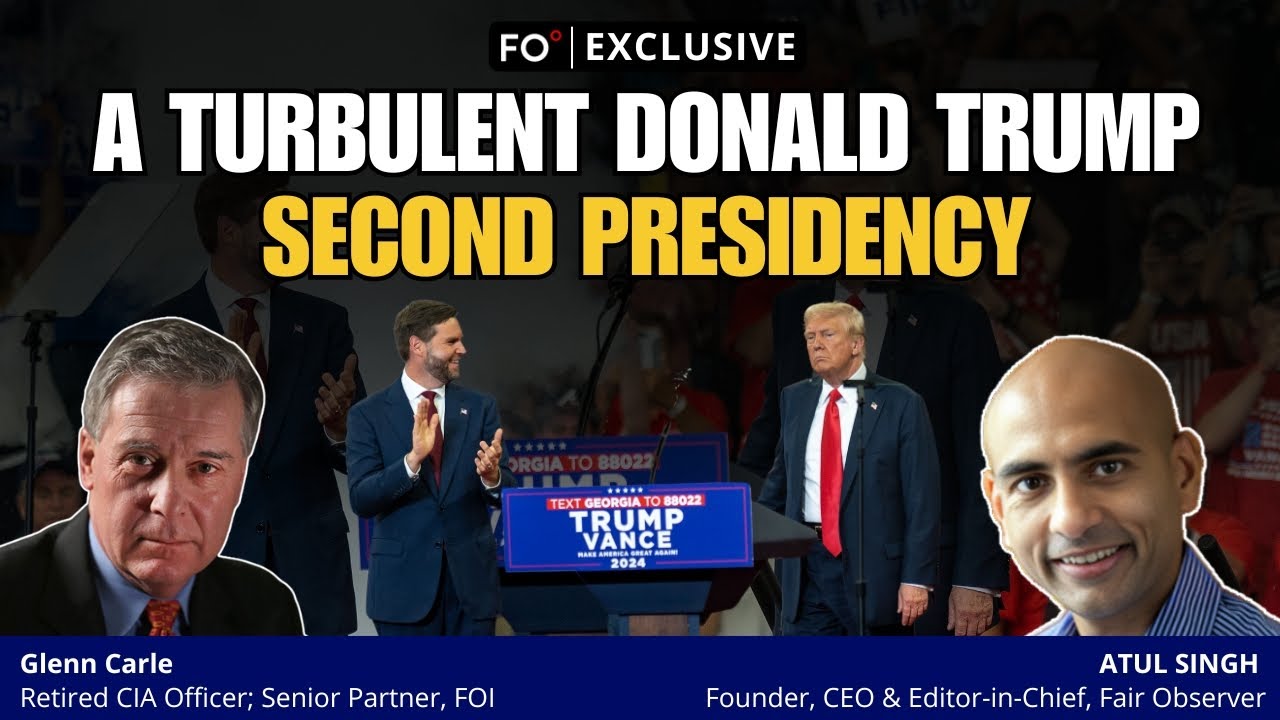




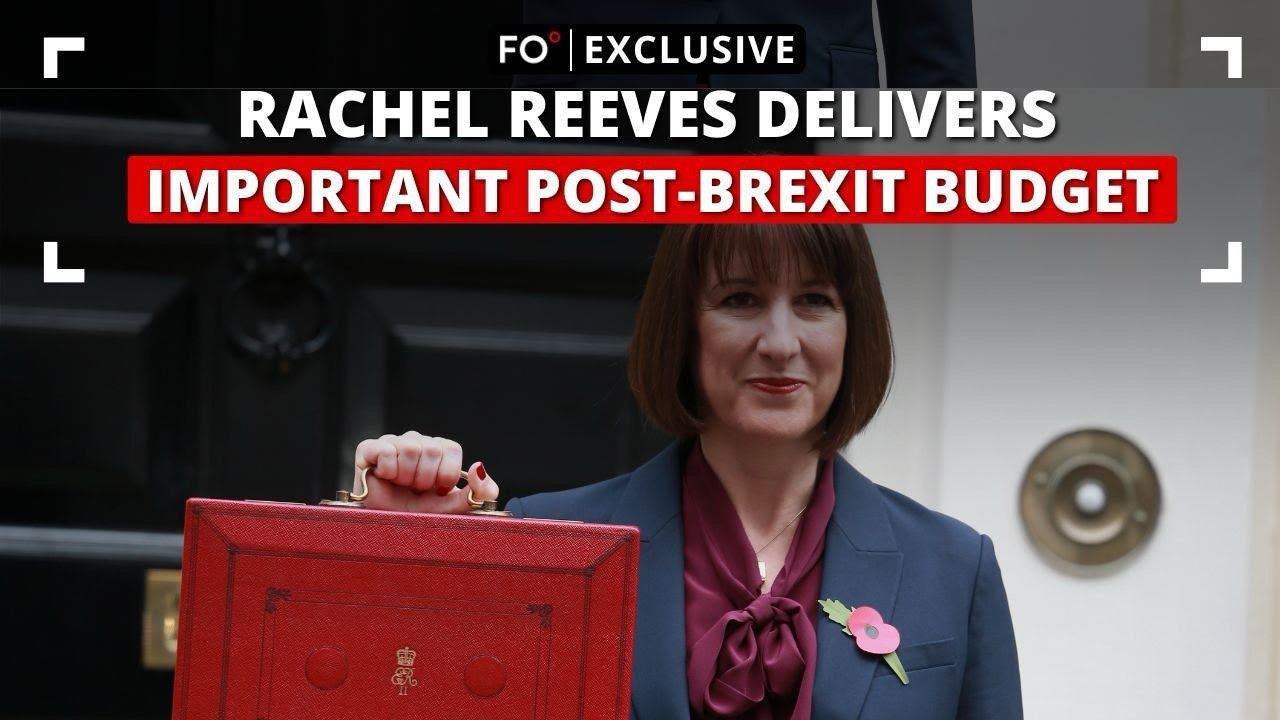


Comment